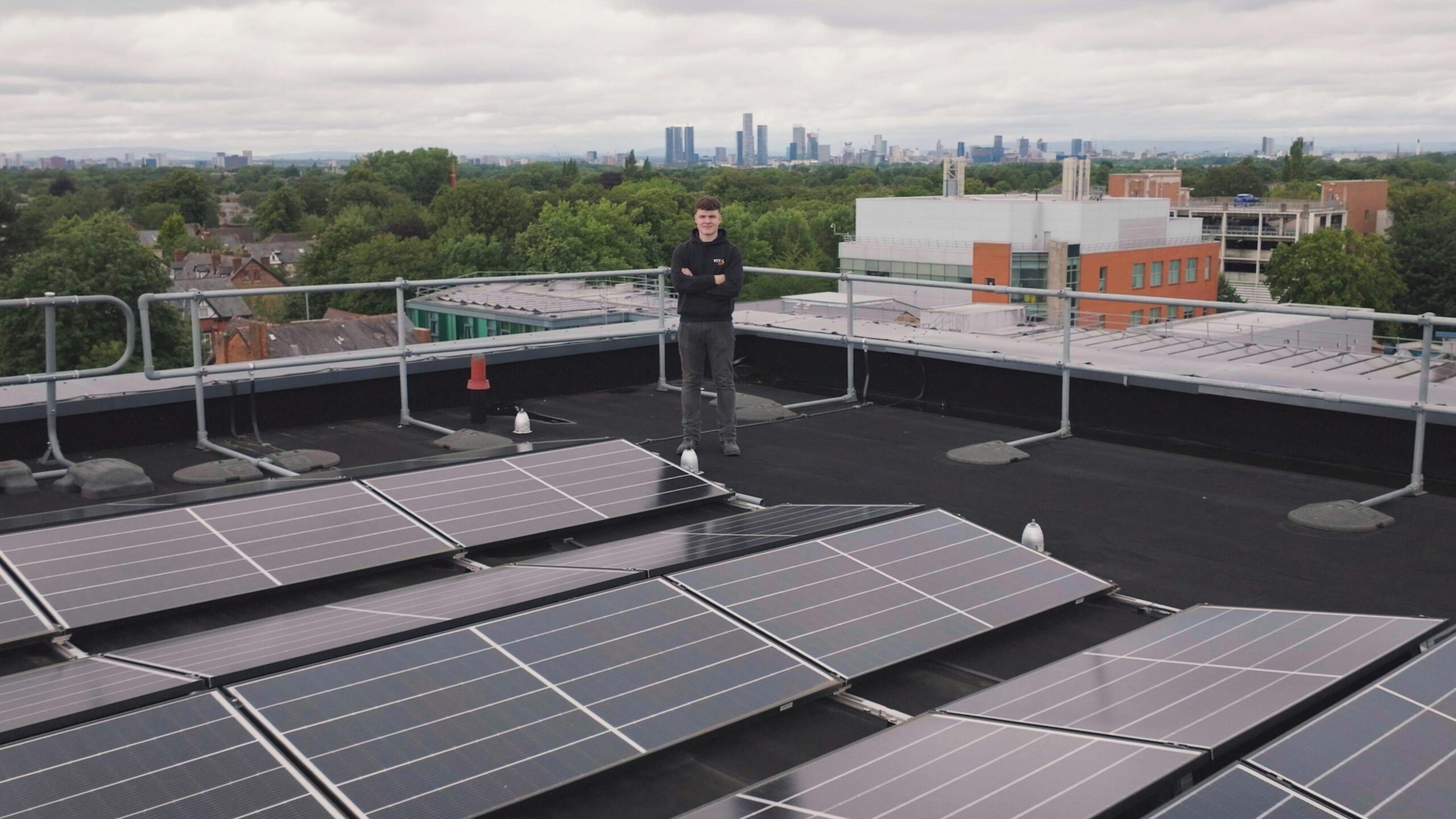Heading: Embracing Sustainable Technology: Paving the Way Towards a Greener Future
In an era where environmental consciousness is increasingly shaping global agendas, sustainable technology emerges as a beacon of hope for mitigating ecological impacts while fostering technological advancement. Defined by its commitment to minimizing environmental impact, sustainable technology encompasses a spectrum of innovations that prioritize resource efficiency, renewable energy, and reduced carbon footprints.
At the heart of sustainable technology lies renewable energy sources, such as solar, wind, and hydroelectric power. These alternatives to fossil fuels not only diminish reliance on finite resources but also significantly decrease greenhouse gas emissions, thereby combating climate change. The integration of these technologies into existing infrastructure represents a pivotal step towards achieving global climate targets and ensuring energy security.
Beyond energy production, sustainable technology encompasses eco-friendly practices in manufacturing and construction. Innovations in materials science have led to the development of biodegradable polymers, sustainable composites, and eco-friendly building materials. These advancements not only reduce the environmental impact of construction projects but also promote the circular economy by emphasizing resource recovery and recycling.

Furthermore, the advent of smart technology has revolutionized sustainability efforts across various sectors. From smart grids that optimize energy distribution to IoT-enabled sensors that monitor environmental parameters, these innovations enhance operational efficiency while minimizing waste and energy consumption. The convergence of digitalization and sustainability not only drives economic growth but also empowers communities to make informed decisions about resource utilization.
In the realm of transportation, sustainable technology is reshaping the automotive industry through electric vehicles (EVs) and alternative fuels. Electric mobility not only reduces tailpipe emissions but also promotes energy independence and enhances air quality in urban centers. Moreover, advancements in battery technology are extending the range and efficiency of EVs, making them a viable alternative to traditional combustion engine vehicles.
The agricultural sector, too, has embraced sustainable technology to optimize resource use and minimize environmental impact. Precision farming techniques leverage data analytics and IoT devices to optimize water and fertilizer usage, thereby increasing crop yields while reducing the ecological footprint of agricultural practices. Additionally, sustainable agriculture promotes biodiversity conservation and soil health, ensuring the long-term resilience of food production systems.
In the context of urban development, sustainable technology plays a crucial role in building resilient cities. Green building practices, including passive design, energy-efficient HVAC systems, and rooftop gardens, mitigate urban heat islands and reduce energy demand. Furthermore, integrated transportation systems and sustainable urban planning prioritize pedestrian-friendly infrastructure and public transit, thereby reducing reliance on private vehicles and promoting sustainable mobility solutions.
The adoption of sustainable technology is not merely a moral imperative but also a strategic investment in the future. Businesses that embrace sustainability not only enhance their brand reputation but also reduce operational costs through improved energy efficiency and waste reduction. Furthermore, regulatory incentives and consumer demand for eco-friendly products are driving companies to innovate and adopt sustainable practices across their value chains.
However, the widespread adoption of sustainable technology faces several challenges, including technological barriers, upfront costs, and policy uncertainties. Overcoming these challenges requires collaborative efforts from governments, businesses, and civil society to foster innovation, enact supportive policies, and invest in research and development.
In conclusion, sustainable technology represents a transformative force in addressing global environmental challenges while fostering economic growth and social equity. By harnessing the power of innovation and collaboration, societies can build a more sustainable future where technological progress aligns harmoniously with ecological stewardship. Embracing sustainable technology is not just an option but a necessity in paving the way towards a greener and more prosperous world for generations to come.
